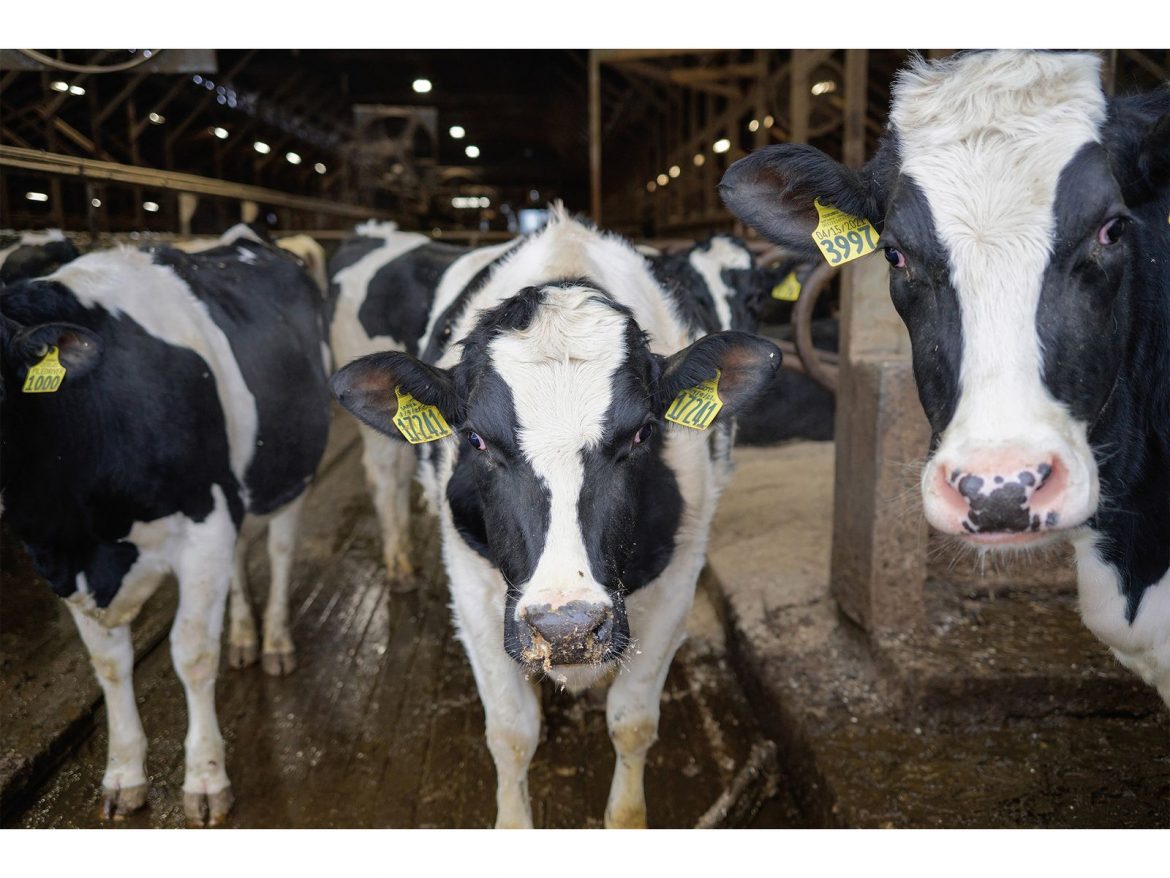A research has found that the EU has made polluting diets “artificially cheap” by pumping four times more money into farming animals than growing plants.
According to a study in Nature Food, more than 80% of the public money given to farmers through the EU’s common agriculture policy (CAP) went to animal products in 2013 despite the damage they do to society. Factoring in animal feed doubled the subsidies that were embodied in a kilogram of beef, the meat with the biggest environmental footprint, from €0.71 to €1.42 (61p to £1.22).
The EU, which plans to make Europe the first climate-neutral continent by 2050, spends nearly one-third of its entire budget on CAP subsidies. “The vast majority of that is going towards products which are driving us to the brink,” said Paul Behrens, an environmental change researcher at Leiden University and co-author of the study.
According to reports, the subsidy scheme, which pays more to farms that occupy more land, results in “perverse outcomes for a food transition” because livestock take up more space than plants and are inefficiently fed crops that could have gone to people, the researchers found. To produce the same amount of protein, beef requires 20 times more land than nuts and 35 times more than grains.
Read also: Scientists warn UK at risk of summer water shortages and hosepipe bans
Behrens said that the political inertia meant the EU was maintaining this system in the face of an environmental crisis.
“We’re incentivising the worst-case scenario,” he said.
To calculate the full extent of EU support for animal products, the researchers linked subsidy records to an academic database on food flows and traced public money through the supply chain in 2013, the latest year for which the latter held data. The CAP has been reformed twice since then but the split in direct subsidies – before factoring in trade flows – has stayed roughly constant for animal- and plant-based foods.
Also, the researchers found that 12% of subsidies were embodied in products that were shipped outside the EU, mostly to upper-middle and high-income countries. It also found that China consumed more of the EU’s farming subsidies than the Netherlands, while the US consumed more than Denmark.
Story was adapted from the Guardian.
